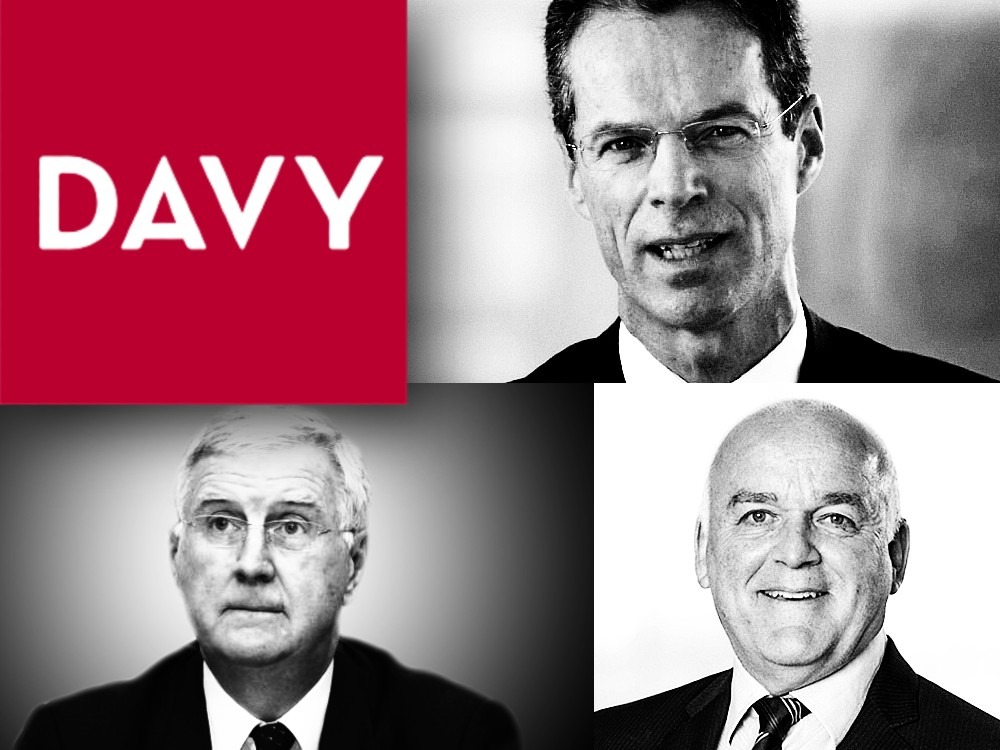When heads finally rolled at Davy on Saturday in the face of the Anglo bond scandal, the devil was in the detail – and the detail was in the positions actually resigned by senior executives involved in the 2014 transaction that led to a €4.13 million Central Bank fine. J&E Davy chairman John Corrigan said his board had accepted the resignations of chief executive Brian McKiernan, deputy chairman Kyran McLaughlin and head of bonds Barry Nangle. McKiernan confirmed in an individual statement: “I have today informed the Board of J&E Davy of my resignation as CEO and director of the…
Cancel at any time. Are you already a member? Log in here.
Want to read the full story?
Unlock this article – and everything else on The Currency – with an annual membership and receive a free Samsonite Upscape suitcase, retailing at €235, delivered to your door.

